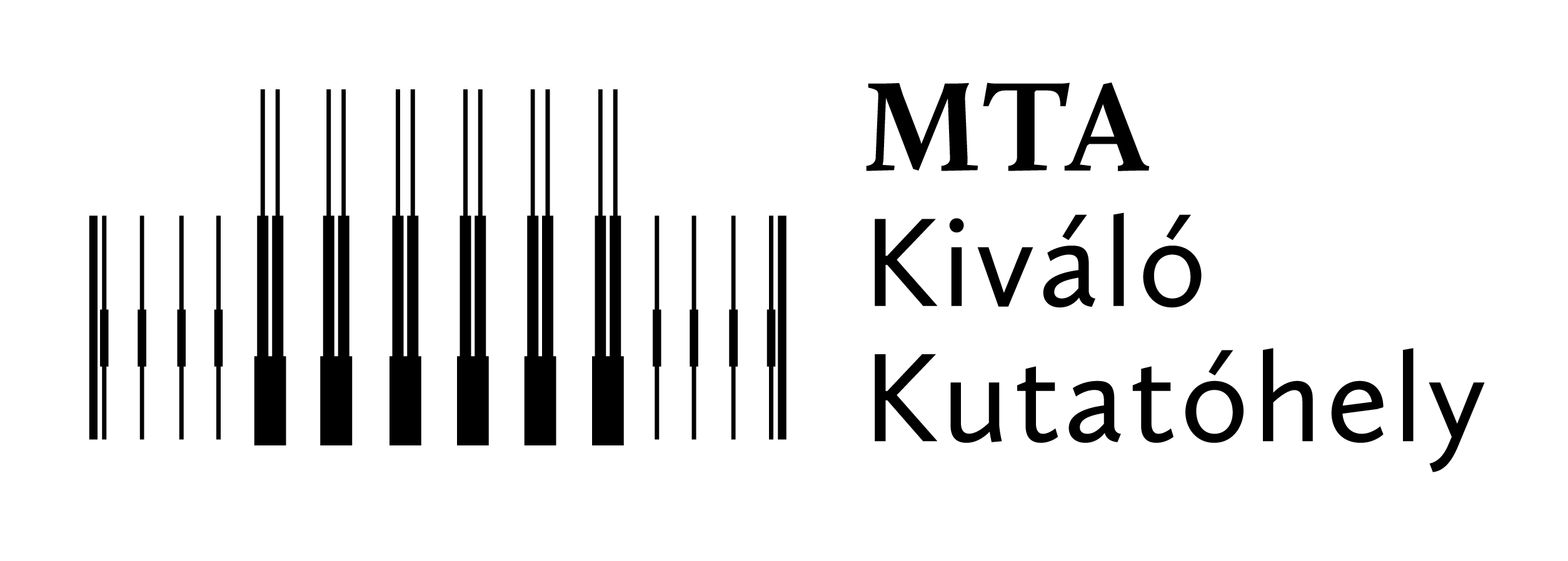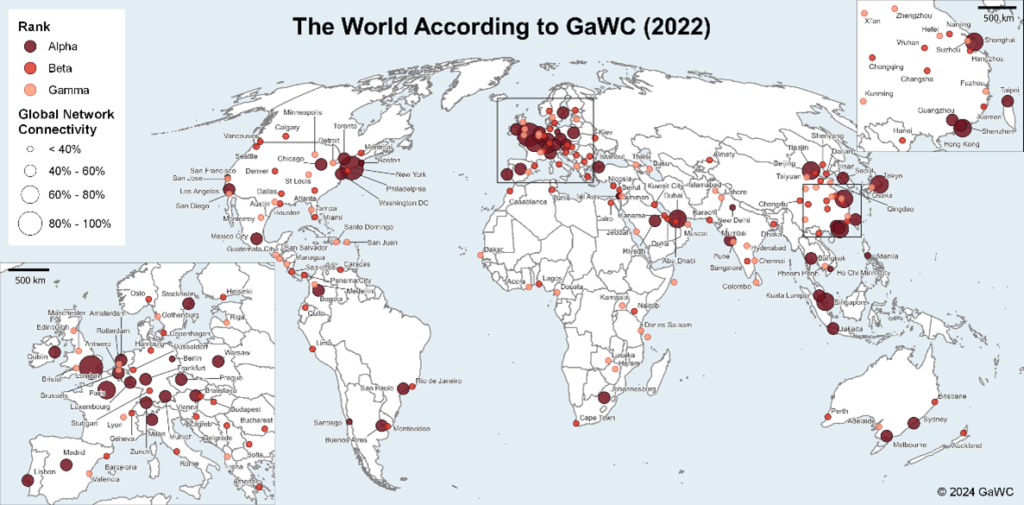Abstract
City diplomacy, reflected in the increasing role of cities and the diminishing exclusivity of nation states in international relations, is a relatively recent phenomenon in scholarly literature. From the perspective of the nation state, it produces a vertical fragmentation of national foreign policy, while horizontal processes dominate the relations within international organisations (Marchetti 2021). Globalisation, metropolisation and the rise of networks are among the main explanatory variables behind the quest of cities to „gain a seat at the table of global diplomacy” in the post-Paris landscape of hybrid multilateralism (Bäckstrand et al. 2017, Dzebo et al. 2019). International regimes such as the UNFCCC framework rely on multistakeholder partnerships involving states and non-state actors (cities, regional governments, NGOs, corporations, financial institutions) that address global problems, with a view to improving the legitimacy of the international system. Networked forms of collaboration between cities transcend the multilateral frame, with soft power politics as the dominant means to achieving the common objectives of international organisations. The paper examines city diplomacy based on the exercise of soft power in various global policy fields. It argues that city diplomacy, as practised within transnational networks such as ICLEI, C40, U20 or the Global Covenant of Mayors, allows cities to tackle global challenges more efficiently whilst advancing their specific viewpoints and local interests in the international arena.


